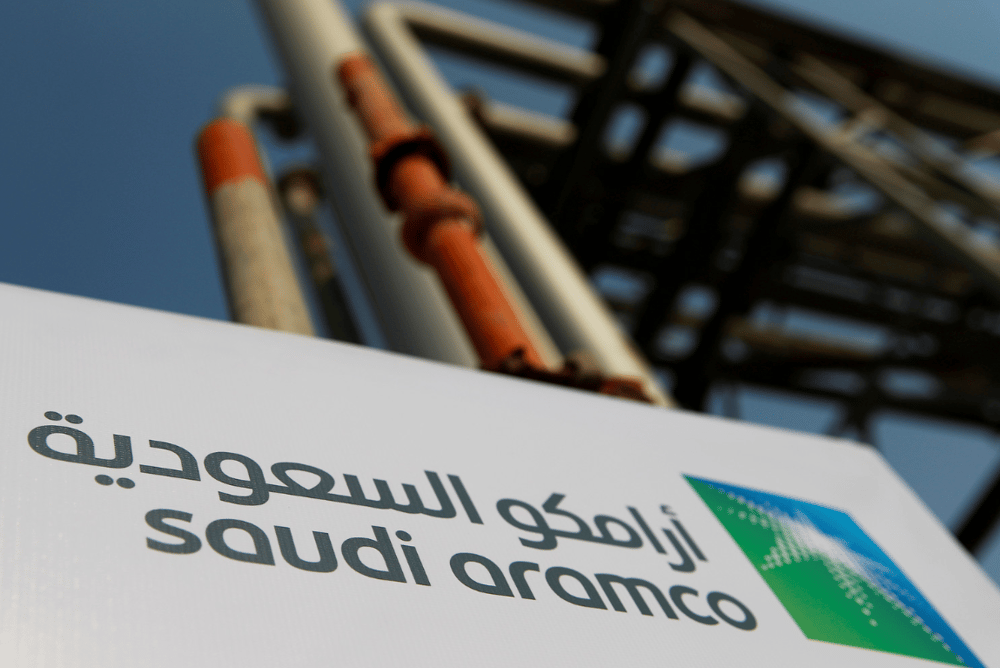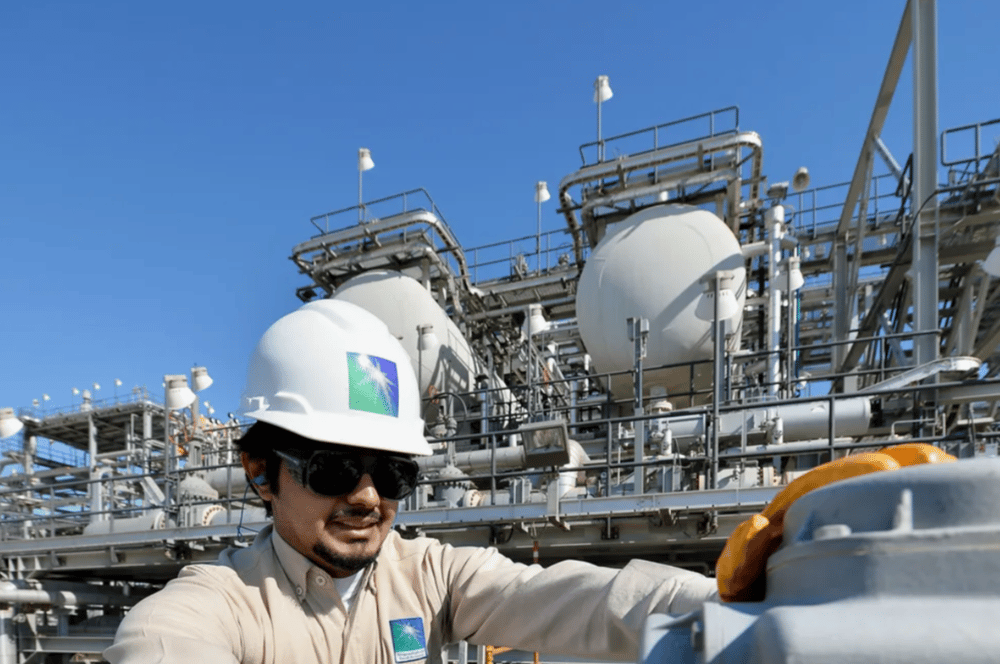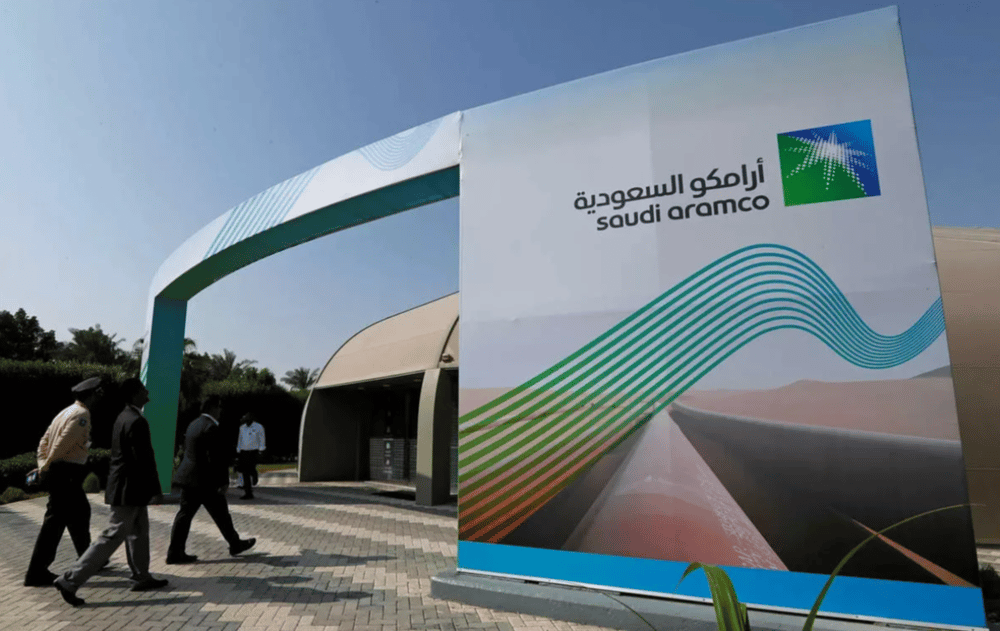Aramco CEO Highlights Oil and Gas Resilience Amid Global Conflicts at Energy Asia Conference
Amid mounting geopolitical uncertainty and rising regional conflicts, Saudi Aramco's $2222.SR CEO Amin Nasser emphasized the irreplaceable role of oil and gas in ensuring global energy stability. Speaking via video at the Energy Asia Conference held in Kuala Lumpur, Nasser underscored that hydrocarbons remain essential to global security and economic continuity, especially in times of disruption.
His remarks come at a time when oil prices are reacting to both macroeconomic trends and geopolitical flashpoints in the Middle East, Eastern Europe, and parts of Asia. Nasser’s intervention signals a broader narrative gaining traction among OPEC+ producers: despite the momentum behind renewables, fossil fuels continue to be foundational to modern energy systems.
Oil and Gas Amid Conflict: Structural Importance and Market Realities
Amin Nasser’s remarks reaffirm the long-term strategic value of hydrocarbons, particularly in volatile periods. The Aramco chief argued that even as nations push for energy transition pathways, the global system remains deeply dependent on reliable, large-scale oil and gas infrastructure.
His message highlighted three critical elements:
The need for sustained investment in upstream oil and gas.
The risk of underinvestment in fossil fuels amid energy transition enthusiasm.
The geopolitical risk premium currently baked into crude oil prices (Brent, WTI).
These comments follow similar sentiments from other Gulf-based national oil companies (NOCs), which are increasingly positioning themselves as pillars of energy security, while actively pursuing carbon mitigation through CCUS (carbon capture, utilization and storage) and low-carbon fuels.

Key Facts
🛢️ Speaker: Amin Nasser, CEO of Aramco
📍 Event: Energy Asia Conference, Kuala Lumpur
🎯 Core Message: Oil and gas remain critical in global conflict scenarios
💬 Delivery: Video link presentation
🌍 Context: Heightened geopolitical tensions, supply chain vulnerabilities
Market Reaction and Sector Commentary
The energy sector has shown signs of support for Nasser’s assertion. Since the onset of renewed geopolitical tensions, Brent Crude (LCOc1) has remained volatile but elevated, trading above key technical levels. The USD-denominated oil market reflects a supply-side tightness, exacerbated by production cuts from OPEC+ and sanctions on Russian and Iranian crude.
Energy analysts from Barclays and Goldman Sachs noted that while renewables are scaling, investment flows into oil and gas are still insufficient to meet medium-term demand projections. They see Aramco's positioning as both a hedge and a stabilizer in the current market environment.
In parallel, energy transition advocates argue that dependency on fossil fuels perpetuates exposure to geopolitical risk—though few deny the short-to-medium-term necessity of hydrocarbons.

Key Points
Strategic Energy Buffer: Oil and gas serve as shock absorbers during geopolitical upheaval.
Underinvestment Risks: Limited capital in traditional energy threatens future supply stability.
Policy Dualism: Governments face a dual mandate—transition and resilience.
Price Support: Tensions help maintain floor prices for crude oil benchmarks.
Aramco's Dual Role: Supplier of stability and investor in future-proof technologies.
Aramco Stands Firm as Energy Stability Anchor in a Fragmented World
Amin Nasser’s remarks at the Energy Asia Conference reiterate Aramco's strategic narrative—that oil and gas are not transitional stopgaps but core elements of global energy architecture, particularly during crises. As economic fragmentation, regional wars, and supply disruptions reconfigure the energy landscape, companies like Aramco are positioning themselves as anchors of stability.
While the net-zero transition remains a top priority for many advanced economies, the resilience and immediacy of fossil fuel supply—especially from politically stable producers—cannot be overlooked. Aramco’s message is clear: energy security and transition must move in tandem, not in opposition.















Comments